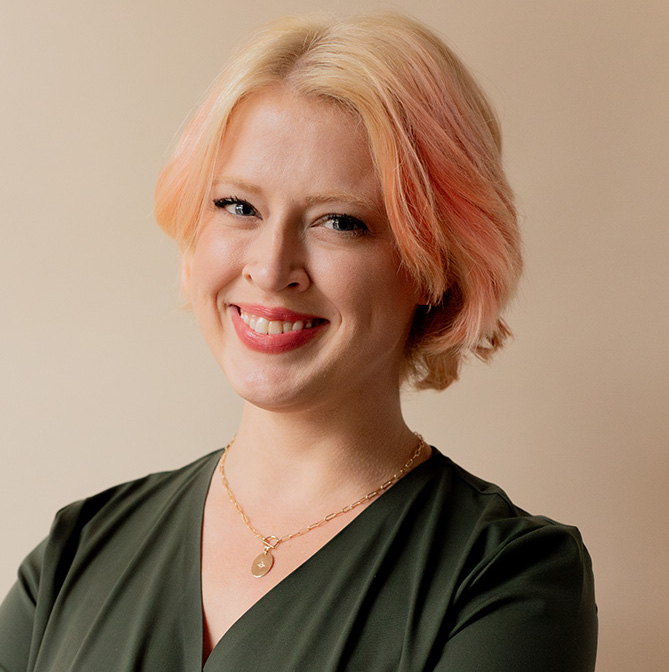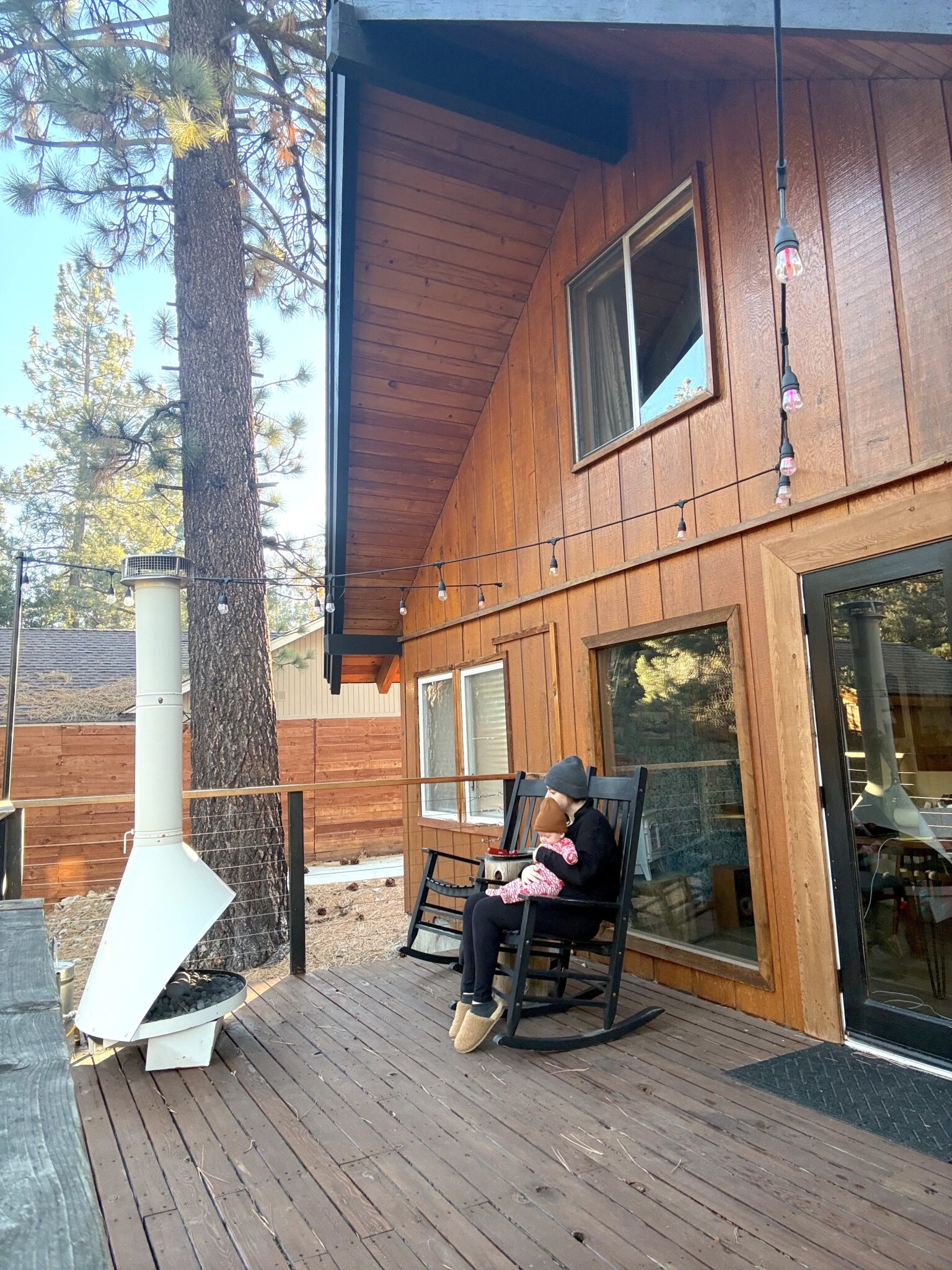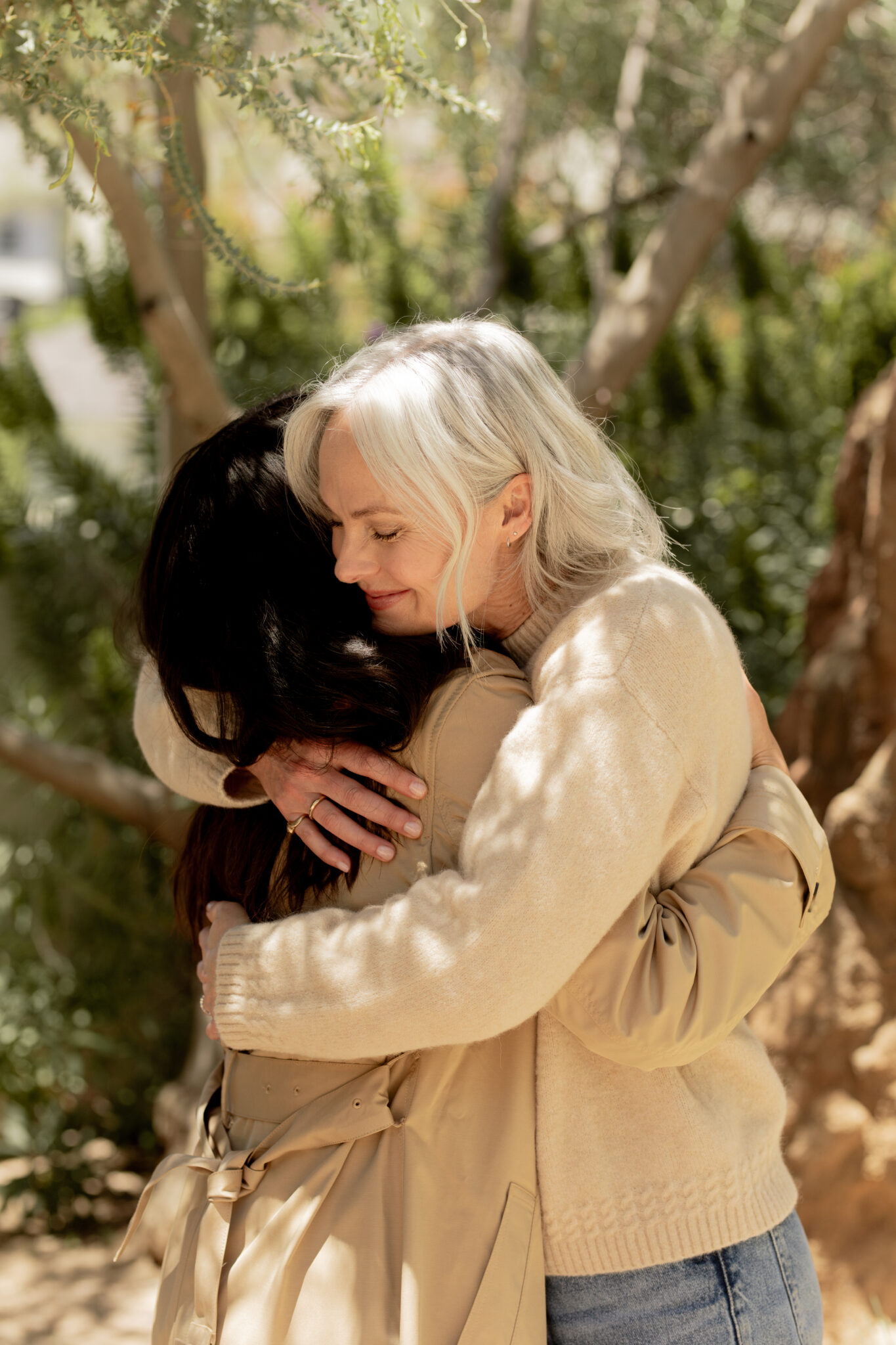
How To Lovingly Take Your Own Advice
“Be kind to yourself,” I’ve told my dearest friends for years. It’s instinctual, to remind a hurting heart to practice patience and gentleness, especially when life isn’t going to plan.
Yet within the same span of 24 hours, I can sometimes find myself speaking to myself in quite opposite terms, like “Why aren’t you better?” and “No one really likes you.” It’s as if a hurting heart only matters when it beats outside of my own ribcage. Compassion flows like a river when it comes to supporting the people I love, but when I’m alone in the wilderness of my mind, it dries right up.
“It’s as if a hurting heart only matters when it beats outside of my own ribcage.”
Anyone else do this? Give advice lovingly to others, then turn around and not take the same advice for yourself — to your own detriment. It’s so easy to be harder on ourselves than our loved ones, especially if you’ve had a history of low self-image and esteem. For years, I acted as if self-compassion was meant solely for someone else’s wounds, while I ignored my own scars.
When I offer clarity to a friend in need but avoid navigating my own mental or emotional chaos, I do everyone a disservice. The loved ones who will take my advice to heart are the same people who want me to be whole, healthy, and thriving in the ways I’m advising them to be. If I don’t take my own advice, what does that say about the quality of my advice, or the respect I have for my loved ones? Imagine a friend gently telling you to rest after a long week, while they continue to push through unnecessary extra effort, exhausting themselves beyond belief. We all truly do deserve our own compassion.
But it’s not as easily said as it is done. Taking our own advice requires a humble, learning mindset, and a lot of graciousness for errors along the way. I’ve spent many years navigating this for myself, and am finally coming out on the other side feeling more self-trust than I’ve ever felt.
So how can we embrace our own advice on a practical level, but also allow ourselves to live in our experiences deeply? Here are the questions I use to help guide me toward giving better advice to others — and taking it for myself.
“The loved ones who will take my advice to heart are the same people who want me to be whole, healthy, and thriving in the ways I’m advising them to be.”
Why am I giving this advice?
It’s always easier to give advice than to take it. Giving advice makes us feel wise and pulled together and grown-up. It makes us feel useful. All that to say, it’s important to interrogate our intentions for giving advice before we interrogate the advice itself.
There’s a difference between prescribing and empathizing, and sometimes the former is entirely self-serving. I like to ask myself if, by advising, I’m trying to placate my own insecurities by sounding smart, important, or better than someone else. If that’s the case, I try to take a pause and engage in a self-affirming activity rather than dishing out advice that’s ill-intentioned. (Make art, play music, lift something heavy, anything that works!) This is usually also my cue to turn towards deep listening instead of reacting, which centers my friend in that moment and not my feelings.
“Giving advice makes us feel wise and pulled together and grown-up. It makes us feel useful. All that to say, it’s important to interrogate our intentions for giving advice before we interrogate the advice itself.”
But when you do find yourself genuinely able to empathize with your loved one, your advice will come from a place of compassion and humility. Before you start giving advice (or trying to take your own), ask yourself: is this coming from a place of love — or of superiority?
When we check our egos like this, I believe, we also give better advice. Good advice lies at the intersection between good intentions and good information, and ego only gets in the way. This question can also bring up others: Am I being swayed by external influences I don’t agree with? Is the intention one of self-judgment or one of empathy? And, does the advice encourage me to uphold the status quo, instead of fully being myself?
What advice am I actually giving?
Over the past few years, I’ve made an intentional effort to speak to myself as I speak to others, and also to speak to others as I’d speak to myself. This means offering advice with honesty, openness, and generosity. Basically, I’m only giving advice that I’d like to be given.
Am I telling my friends to get into arguments with difficult people, neglect their sleep, or to quit a project in a fit of rage? Hey, maybe this advice works for some people, but if someone advised me to do these things, I’d be disappointed. When you zoom out, though, these are all things I’ve done myself — but would never advise anyone else to do.
“Do you just need space to express yourself, without judging yourself harshly or prescribing a solution?”
So these days, I’ve become more aware of the suggestions I give my loved ones, and only offer advice that I know suits their personality and the tone of our relationship. So if I suggest “feel your feelings” or “acknowledge how far you’ve come” or “yes, you should get house rabbits as pets again,” I feel comfortable knowing it’s advice I would personally like taking.
And importantly, I’m modeling the support I’d like to receive from my friends, and from myself. My “helper” personality jumps into high gear when I hear about a burden someone is carrying, and I instinctually leap towards offering a fix. But I don’t always need a helper! I find that a pause helps immensely to keep me from giving unsolicited advice; often, my friend is like me and only wants a listening ear and a generous heart. Extend this to yourself, too. Do you just need space to express yourself, without judging yourself harshly or prescribing a solution?
Sometimes the best advice is no advice at all.
Does this advice ring close to a painful truth?
When I find myself doling out advice that I know I should be taking, it sits heavy in my gut like a rock. I avoid acknowledging that it’s something I need to hear because it can feel like an admission of inadequacy. Look at it this way: if giving advice makes you feel wise and worldly, taking advice can feel like finally owning up to the fact that you might be just a little bit lost on a road trip.
If we know that the advice we’re giving could move us forward, why don’t we take it? There can be so much truth hidden behind the curtains of our own hesitation; we just have to get past the stories we’ve crafted about ourselves first.
For example, I’ve long advocated for my friends to seek mental health support via therapy or medicine or lifestyle changes — whatever might work best for them. Yet, how many times have I avoided doing those exact things?
Taking this advice myself could never make me a failure, or even a bad advice-giver. Instead, taking my own advice just means I’m someone who believes in what she says.
“It’s okay to let your feelings crash over you like a wave, but take a page from the meditation handbook and practice seeing them without letting them wash you out to sea.”
But if there’s tension in the space between what advice you give and what you’re willing to take, sit with that information. What issues specifically are getting under your skin? What advice do you give that has your neck hairs standing at attention? Whatever that is, follow it. That is your painful truth and it deserves to be held and considered, like pebbles of seaglass on a foggy beach. All things sharp eventually grow smooth with attention.
When you hit a point like this, look at yourself objectively to discover the truths about what you need. Also, it’s okay to let your feelings crash over you like a wave, but take a page from the meditation handbook and practice seeing them without letting them wash you out to sea.
When it comes to taking your own advice, start by giving advice you would actually take. Practicing compassion for others, in my experience, helps us practice compassion for ourselves and vice versa. Extend kindness to yourself and to the people who may come to you for your insight. And don’t be afraid to lean into the advice that gives you pause, even when it’s your own. You never know when something’s trying to point you in the right direction.
Do you struggle with taking your own advice? Why or why not? Share in the comments below!
Emily McGowan is the Editorial Director at The Good Trade. She studied Creative Writing and Business at Indiana University, and has over ten years of experience as a writer and editor in sustainability and lifestyle spaces. Since 2017, she’s been discovering and reviewing the top sustainable home, fashion, beauty, and wellness products so readers can make their most informed decisions. Her editorial work has been recognized by major publications like The New York Times and BBC Worklife. You can usually find her in her colorful Los Angeles apartment journaling, playing with her two cats, or crafting. Say hi on Instagram or follow along with her Substack, Pinky Promise.





